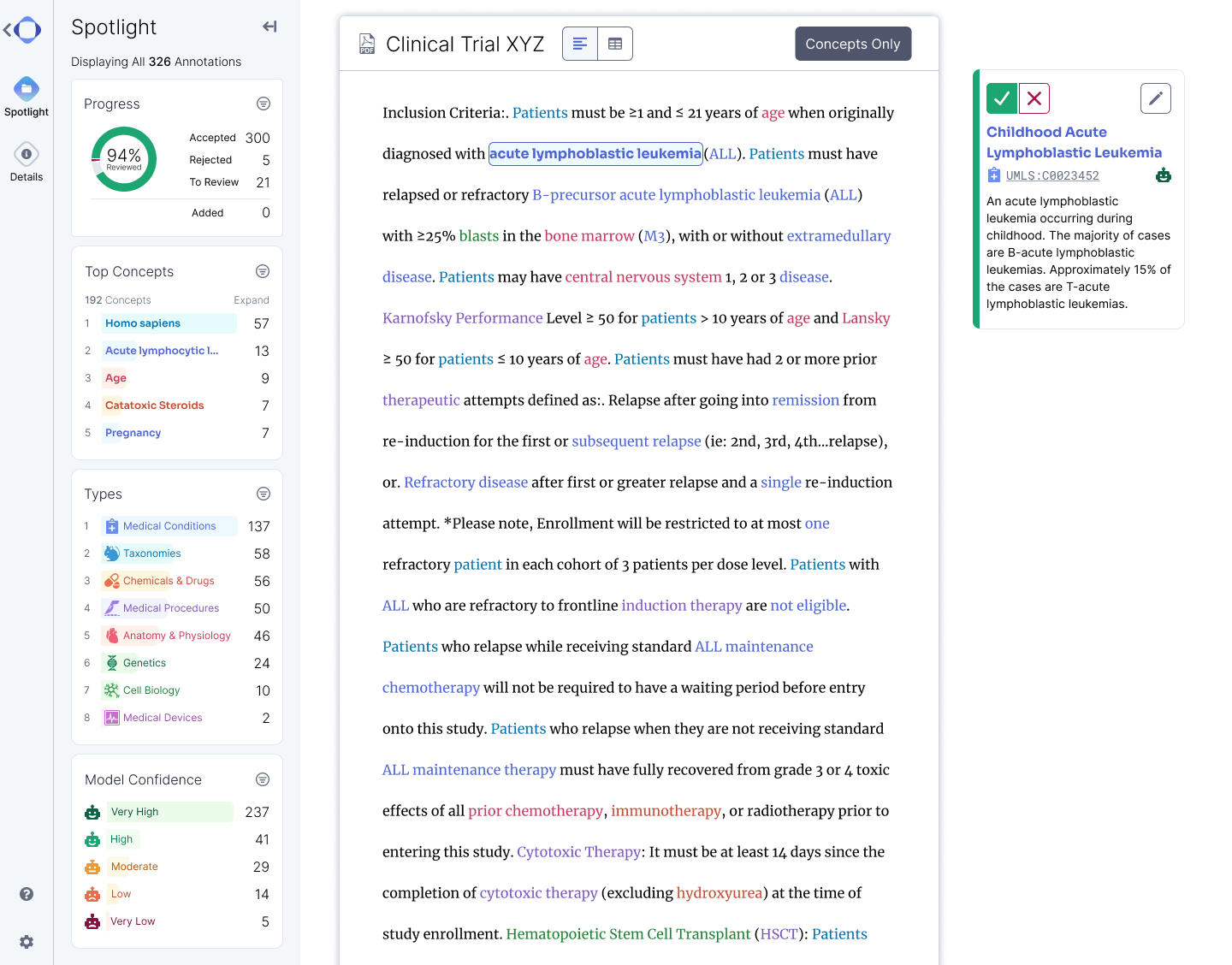Years before he co-launched a stealthy business to fix the messy world of health data, Gaurav Kaushik was slowly connecting the dots on how better visualization could impact health outcomes. In 2018, the budding entrepreneur was working with a Boston-based cancer research company and FlatIron Health to see how cancer patients, mutations in their cancer and health outcomes were all related.
Eventually, his team did an analysis that suggested that patients with triple-negative breast cancer, a harsh form of cancer that particularly affects women of color, respond well to immunotherapies.
Understanding the impact of connecting unorganized patient data with treatment plans, Kaushik seeded the impetus for ScienceIO, a new startup he co-founded with CEO Will Manidis, a former Thiel fellow and managing partner of Dorm Room Fund. The startup is using natural language processing and data analytics to create a massive database of patient data that can help stakeholders better understand, and treat, people holistically.
“You can’t navigate without a map, and there is no map for healthcare. If we want to understand basic things — like which patients have dire, unmet needs and need special attention or new solutions, or finding novel treatments for rare diseases — that takes thousands of hours of labor and years to uncover,” Manidis said.
Now, ScienceIO is not the first startup to try to fix healthcare data. And it likely won’t be the last. The startup’s differentiator, though, is that it has spent years building up a database of what it claims is the most representative data out there.
“We’ve spent the past two years building the first healthcare AI platform of its kind. We’re taking a data-first approach to artificial intelligence, building the technology necessary to turn disparate healthcare data into high-quality, computable data,” said Kaushik. “There’s tremendous opportunity to build data-powered solutions in healthcare, and we’re excited to see an ecosystem of companies emerge and benefit from our platform and the broader [natural language processing] renaissance.”
Natural language processing (NLP) is an advancing technology that makes it easier for computers to understand human speech. The company explained how NLP can be used for sentiment analysis, in which the technology looks at a social media post and predicts how the human behind it is feeling. ScienceIO’s application of NLP combines machine learning to find variables that impact patient health, using over 9 million medical conditions, drugs, device and genes as potential clues.

The broadness means that the product is applicable to a number of different potential customers. Broadly, for example, Kaushik thinks that clinicians would be able to build a fuller picture of patients based on their backgrounds.
“The patients you deal with have a litany of healthcare issues, and it’s not enough to say we understand your cancer really well, or we independently understand socio-economic conditions,” Kaushik said. “It’s about incredible depth across every subject area, and the totality of the patient without minimizing them.”
He added: “The reason we spent three years not talking to the world and building this data set was to ensure we represent the patients that capture what a physician should see, rather than reduce them to their biorisks.”
Manidis gave an example that includes insurance providers, who get thousands of medical plans — and data points such as bill codes, costs, conditions — everyday.
“You are trying to figure out how to prioritize [claims], either to send it to adjudication or look for things like fraud detection,” Manidis said. “You can use ScienceIO to structure the data and then understand claims, and reimburse patients faster [and] more accurately.”
Notably, ScienceIO doesn’t track, it just makes data more searchable and produces analytics that can be turned into usable insights. ScienceIO said that it is currently in pilot programs with several customers, but declined to give specific names. The results of these pilots, per Kaushik, will help them decide a realistic timeline for general availability.
The progress so far has helped the once-stealthy business raise an $8 million seed round. Investors in the round include institutional investors such as Section 32 and Sea Lane Ventures, as well as entrepreneurs including Lachy Groom and Josh Buckley.






























Comment